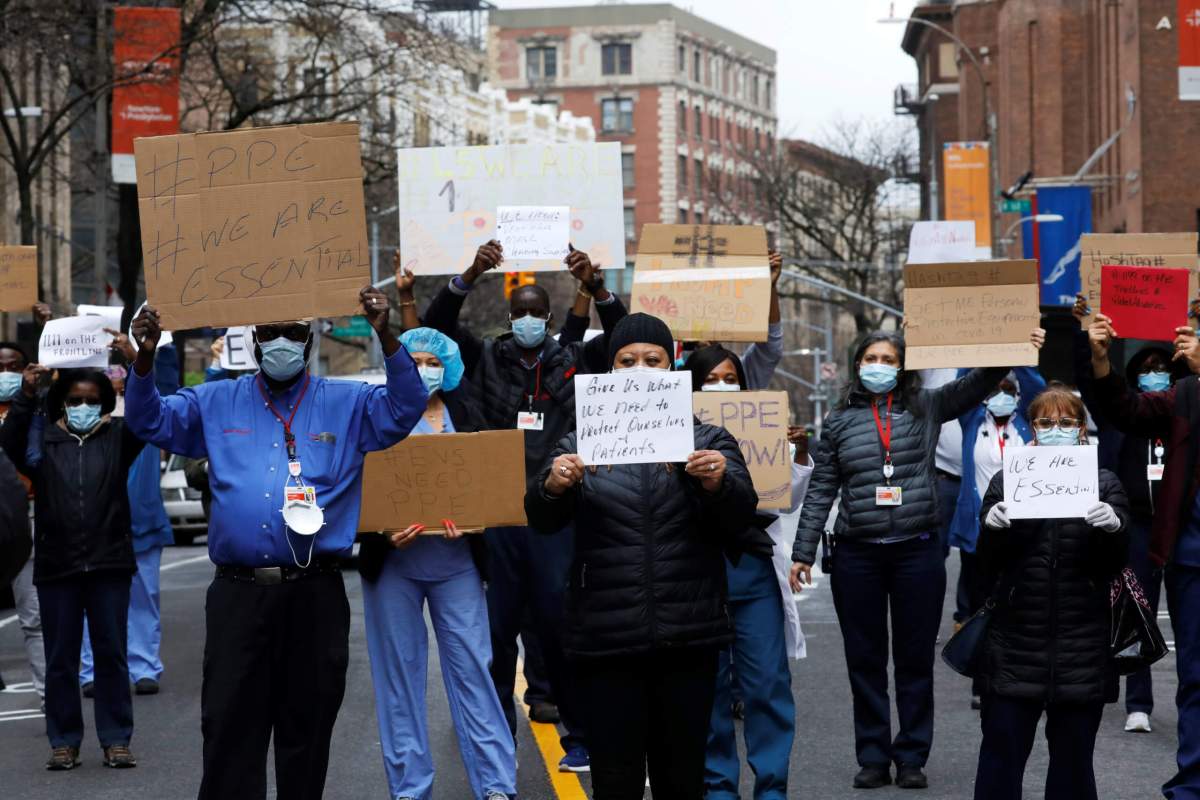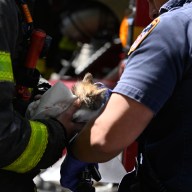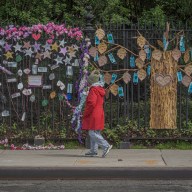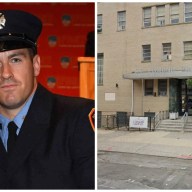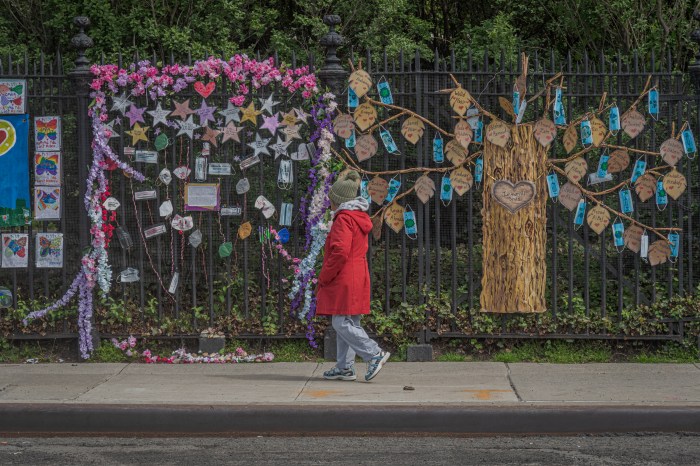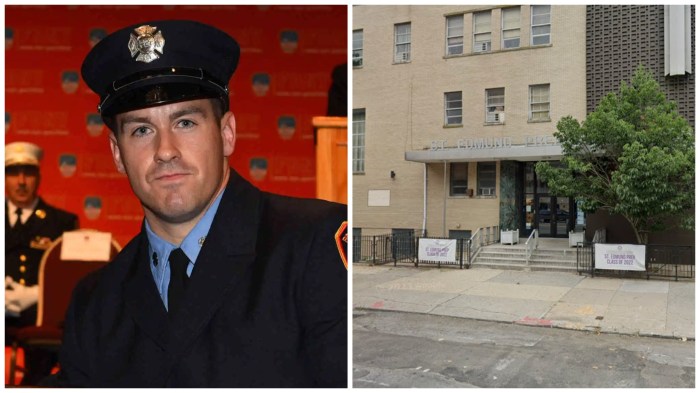In light of a nation-wide shortage of medical equipment to shield people from the novel coronavirus, researchers from New York University have developed plans to produce and distribute face masks and modified ventilators to healthcare workers on the frontlines of the pandemic.
“The urgency for hospitals and health centers to receive face shields cannot be overstated,” said Grant Fox, the director of the Veterans Future Lab at NYU Tandon School of Engineering. “To get the most face shields out to as many facilities as possible in short order — and to make our designs and processes available to everyone — we focused on delivering effective protection at the lowest cost per unit, made as fast as possible.”
Compared to face shields being made by 3D printers, NYU’s can be produced and assembled in under a minute — and at a fraction of the cost. The new shields are made of laser-cut Plexiglas with a simple elastic head strap, a design approved by medical professionals at the NYU School of Global Public Health and NYU Langone Health.
The face shields will be manufactured at Daedalus Design and Production Inc., PRG Scenic Technologies, and Showman Fabricators. Finished products will be delivered by Black 6 Project directly to a distribution center for New York City hospitals.
Thanks to the New York City Economic Development Corporation funding the first round of production, the New York University COVID-19 Task Force will work in collaboration with the Open Face PPE Project to make the equipment available to all for free.
The team started small, producing just over 100 masks at small-scale and deploying them to emergency rooms, but production has since grown the week of March 30, and the group now has the capability to produce close to 300,000 shields within the first two weeks of material distribution.
Jelena Kovačević, dean of the NYU Tandon School of Engineering, commended the initiative, calling it a critical development project amid the pandemic.
“This project demonstrates how creative entrepreneurship can be a force for good in a time when we most need ideas and solutions to make a critical difference,” she said.
NYU Tandon’s rapid response team is also working on turning around simpler versions of CPAP and BiPAP machines to address a shortage in mechanical ventilators for COVID-19 patients.
Called NYU Tandon AirMOD, the modifications not only turn CPAP and BiPAP machines into oxygen-enrichment tools, but they also trap the virus in a patient’s breath with viral filters, according to researchers. The system provides non-invasive breathing support in the early stages before intubation during critical care, and later stages, when patients are eased off ventilators.
And, unlike other conversions, the NYU Tandon modifications assemble in minutes and exclusively use FDA-approved off-the-shelf components already in stock in hospitals.
The machines were designed by a team led by Vikram Kapila, professor of mechanical and aerospace engineering at NYU Tandon, with collaborators at the NYU Tandon Future Labs, NYU COVID-19 Task Force, MakerSpace, and the Rutgers New Jersey Medical School.
“The speed and efficiency at which Vikram’s team took an initial concept and turned it into an effective and scalable solution is almost unprecedented,” said Steven Kuyan, director of entrepreneurship at NYU Tandon and managing director of the NYU Tandon Future Labs. “Using off-the-shelf or readily available components, one focus for the NYU COVID-19 Task Force, will make AirMOD and AirVENT an easy to implement solution on the front lines here in the United States and around the world.”


